For sophomore Joseph “Joe” Kim, his relationship with his family significantly influences his belief system. Kim said his family traditions and environment have notably influenced his views of society.
“I’m really close with my family. I tell (them) a lot of things, and they kind of help me (with) issues I have in my life,” Kim said. “My parents are also pretty religious, so they try to teach me things like that, so I’ve become a strong Christian because of my parents teaching me to be (a Christian) at a young age. They’re also pretty strict (about religion); I also want to be that way. I want to go to church regularly.”
Like Kim, junior Feryal Haider said her family habits have a considerable impact on her outlook on life.
“One of the things I’m very glad my parents instilled in me from a young age is this idea that, you can definitely pursue the things you want to do, but you shouldn’t forget that you need a strong foundation for your life first, and make sure that you’re secure in your life,” Haider said. “My parents have taught me that after you establish a foundation, and you have something to fall back on, you can go do anything you want. I’m really glad they taught me those things. I want my kids to (also) understand the value of hard work that my parents taught me.”
Kim and Haider are just a few of the high school students significantly influenced by their families. According to a 2023 study conducted by Pew Research Center, 70% of students retain family traditions they were exposed to growing up.
Still, while traditions have great influence on high school students’ values, students may also create their own views based on their unique experiences and the other people around them.
Child psychologist Richard Jones said, as teenagers become more exposed to different beliefs, they should curate their perceptions by combining family traditions and outside influences.
“With increasing ability for independent thought and exposure to new ideas and ways of living, teenagers at some point go through the process of sorting out what beliefs they will make their own and what no longer fits with the person they’ve become,” Jones said via email. “Being an independent individual is one of the main tasks of adolescence.”
Haider said while she retains traditional values from her upbringing, she said she has also created her own beliefs through research and exploration of outside values.

“My parents and I disagree a lot on almost everything politically. My brother and my parents agree on a lot of things because my brother is a lot more receptive to receiving what he’s told and not really questioning it, whereas I am more skeptical,” Haider said. “I’m really interested in worldly affairs, and I take it upon myself to research topics so I don’t take them at face value. So that’s kind of led me to disagree with a lot of the views my parents have.
But Haider also said despite having different political views than her parents, she still has meaningful conversations about politics with them.
“There’s space for (my family) to have conversations about politics. My brother isn’t as interested in having those deeper, hard-hitting conversations so that also kind of contributes to why we’re different and why my views and my parents’ views don’t tend to align,” Haider said. “But we try to have respectful conversations where we listen to each other and why we believe the things we do. Although we disagree a lot, the ability to hear each other out about our individual beliefs has made a positive impact on my family dynamic.”
Kim said he’s had disagreements with his family in the past, but said he’s resolved them through mutual understanding and respect.
“I had a debate with my mom, my dad and my brother, about (prenuptial agreements) and marriage. They don’t think (prenups) are a good idea, but I think it’s necessary,” Kim said. “We resolved the argument by basically agreeing to disagree. I think my family has good ways of solving problems with kindness that has led me to deal with issues well in my life.”
Jones also said there are nuances to having siblings which can impact family dynamics.
“With more siblings a child has the advantage of more varied first hand experience in learning to get along with peers, learning to share, resolve conflicts,” Jones said. “A disadvantage is that the parents’ time and attention for each child may be lessened. Only children may get more individualized attention from parents and family resources don’t have to be spread between several siblings as is true in larger families, however they may be more prone to loneliness and may struggle more in the social world outside the family.”
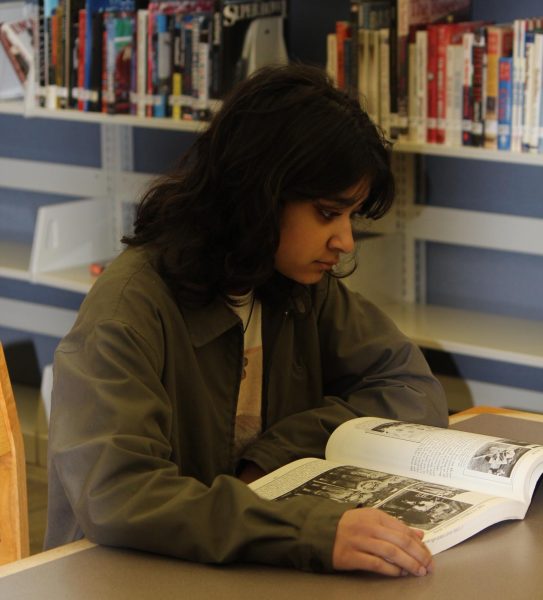
Kim said he is grateful for his brother and for his parents’ love for the both of them.
“(My parents) love each other and they love me,” he said. “I have a brother. He teaches me a lot of things about high school, like how to study and (what classes to take). That helps me a lot.”
However, Haider said she has an unique relationship with her brother because of their polar personalities.
“There’s not a lot of common ground (between us), but we’re obviously still friends; we grew up together, so we can talk, we can chat. Sometimes, we’ll play a game together,” she said. “I guess it’s kind of our (differing) social climates. The people I hang out with compared to the people he hangs out with. We’re in very different places socially, so I think that’s the main factor of why we’re so different.”
Ultimately, Jones said spending time with family and having stable traditions can positively influence family dynamics.
“Spending an evening home for a ‘family night’, trying to eat with the family on a regular basis, even doing a chore without being asked, and saying thank you or giving a compliment to someone in your family are all small ways of strengthening a family’s closeness,” Jones said. “Family traditions are important because they provide a sense of security that there are some things in life that do not change and can be counted on. This sense of continuity is especially important when a family is under stress.”




















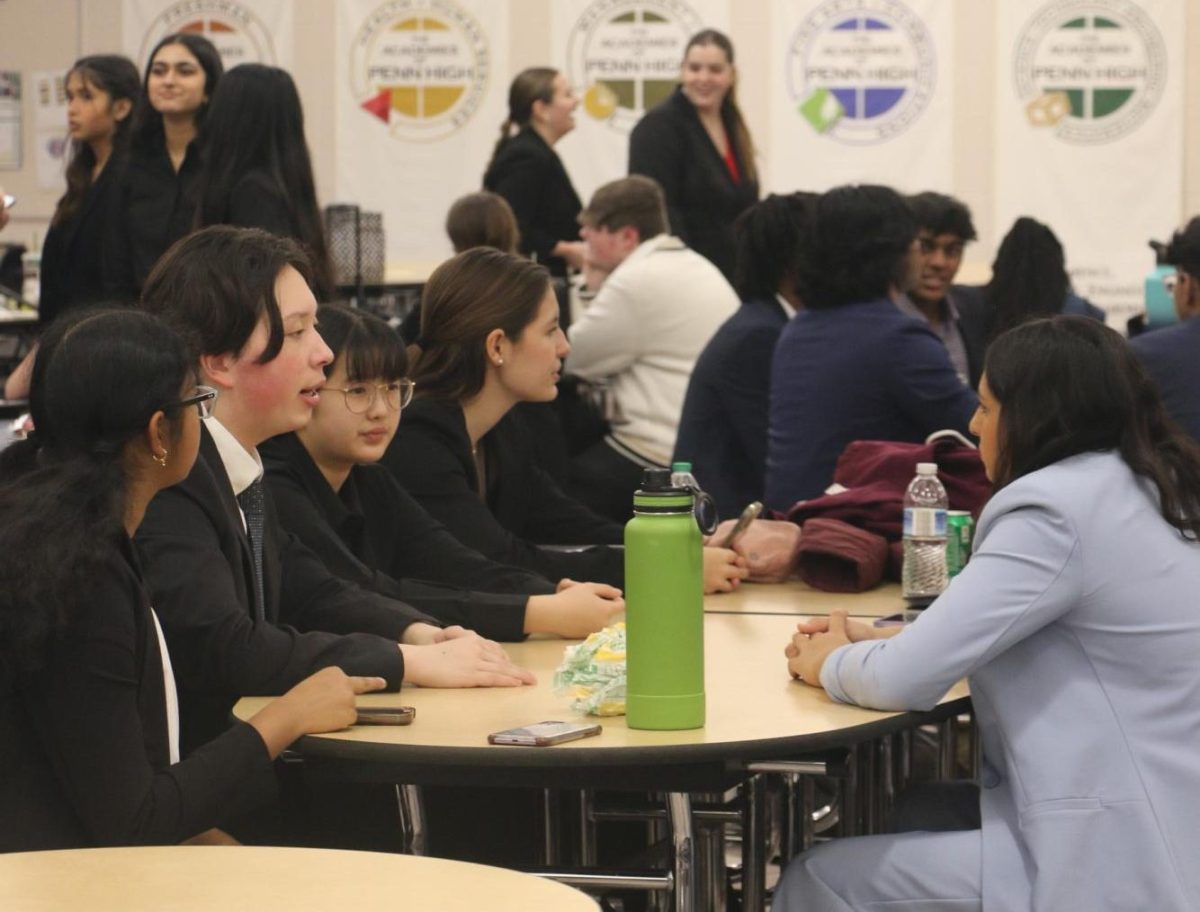
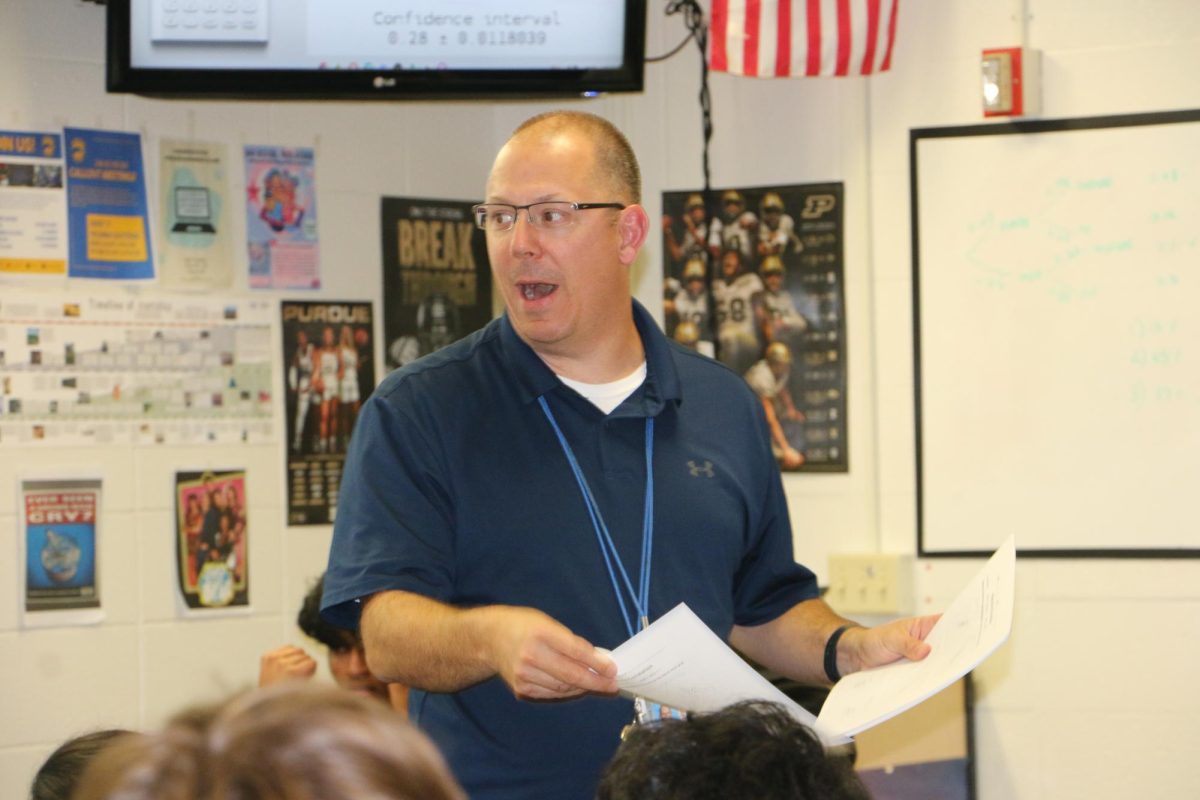








![Family vlogger controversy, need for content reform [opinion]](https://hilite.org/wp-content/uploads/2024/05/Screenshot-2024-05-14-11.33.37-AM-1200x465.png)
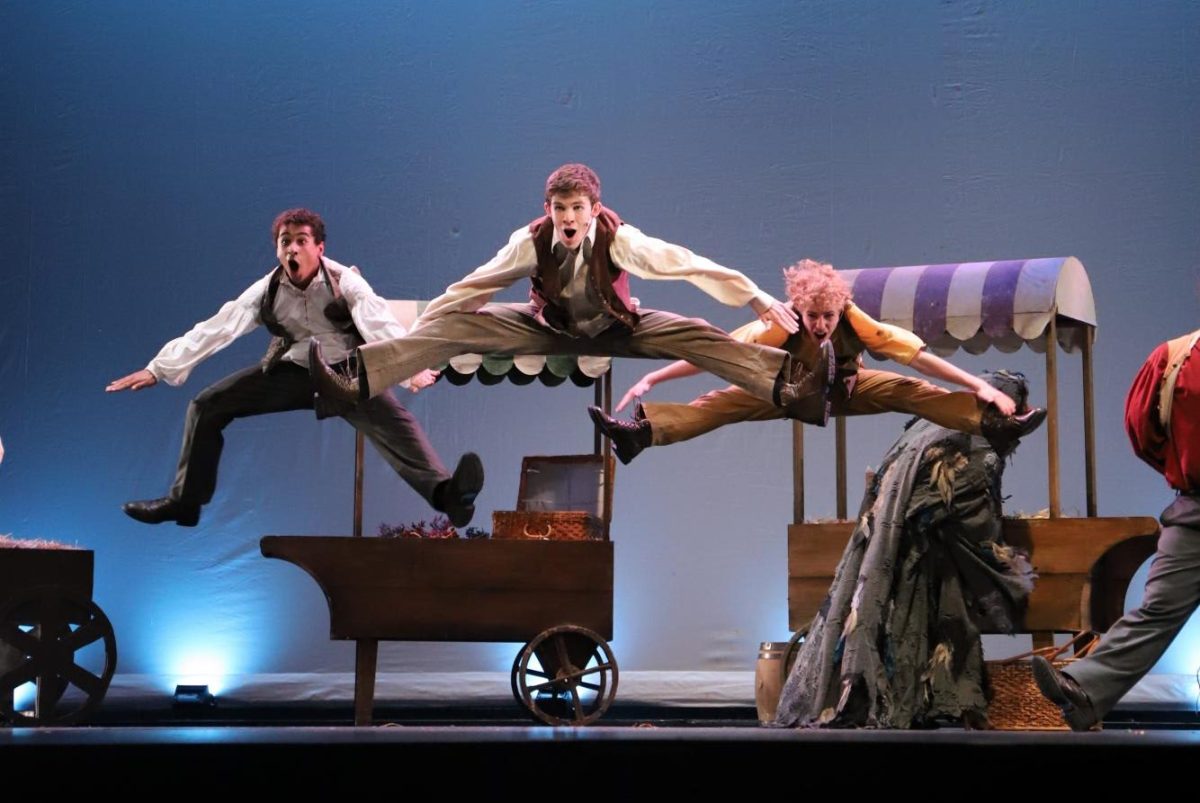
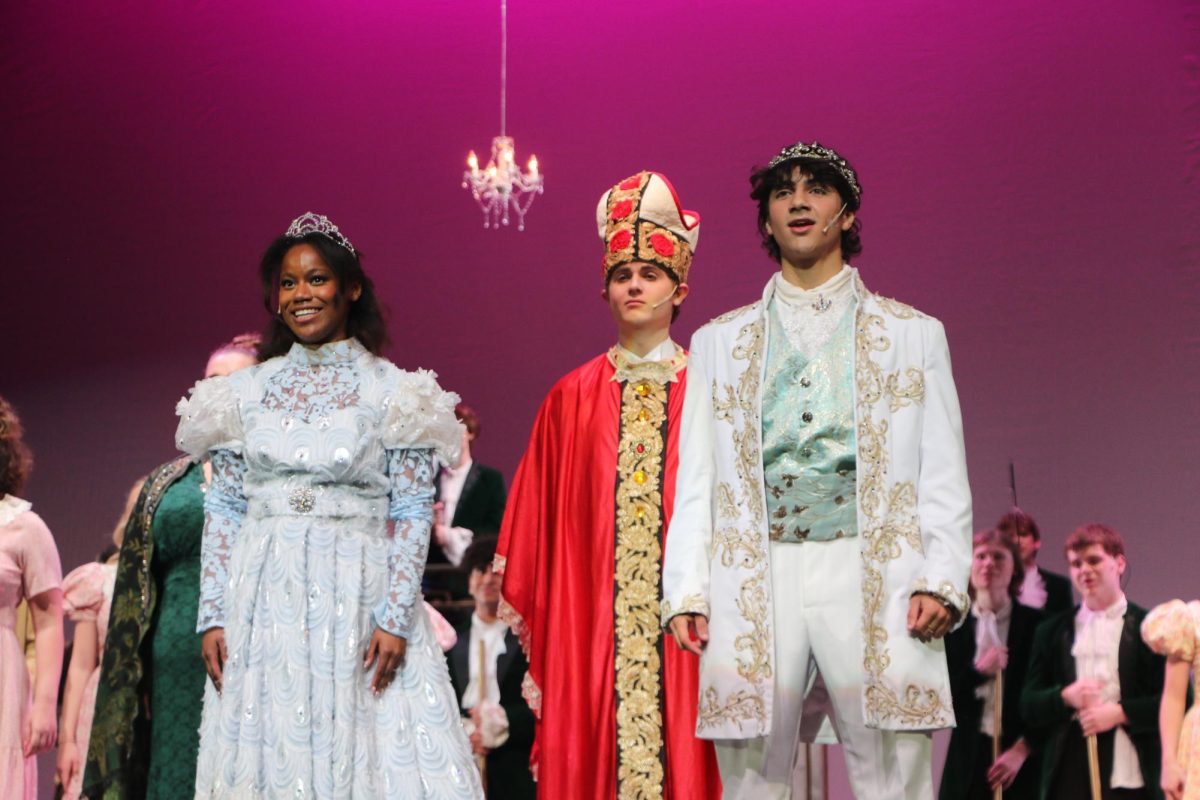



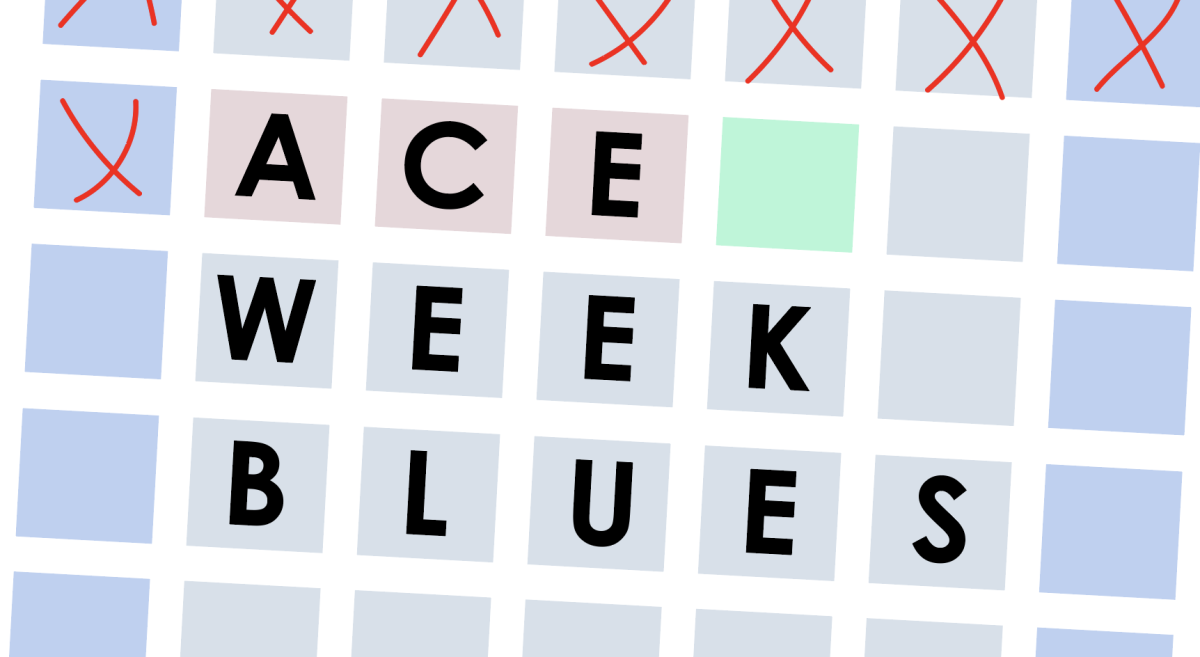
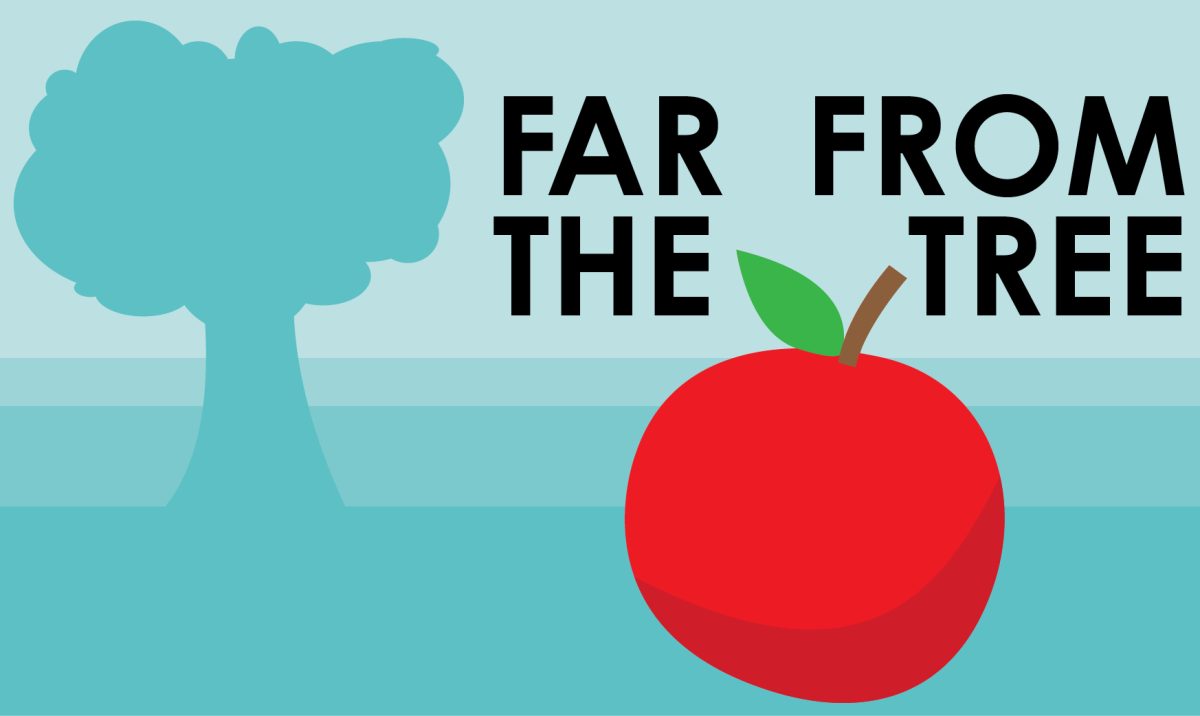
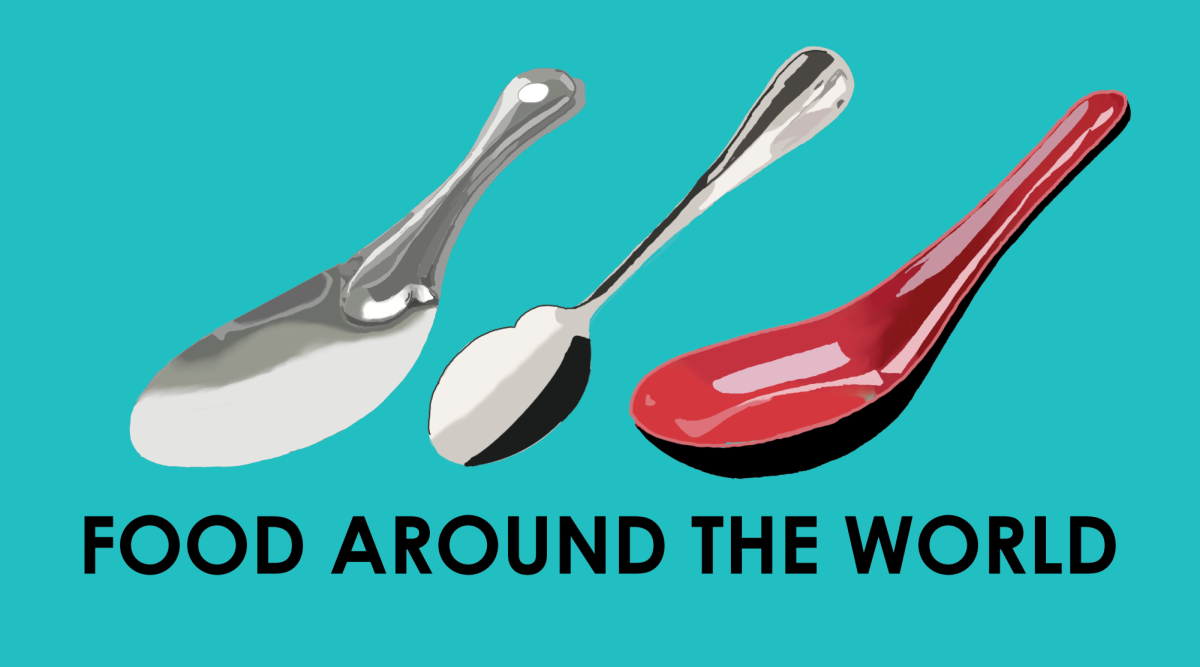
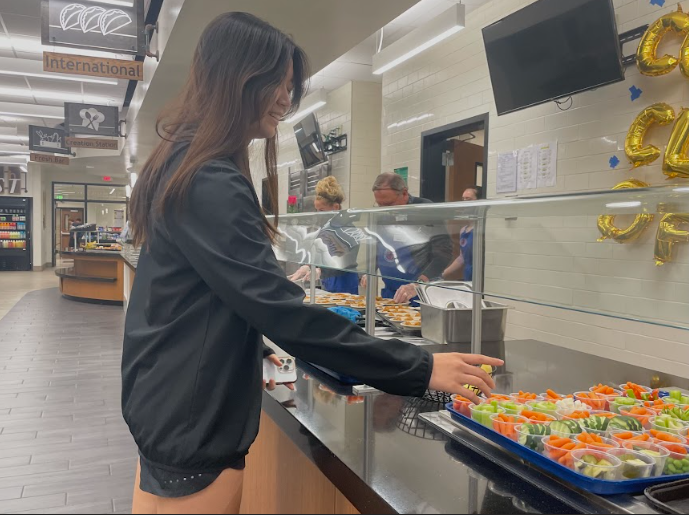





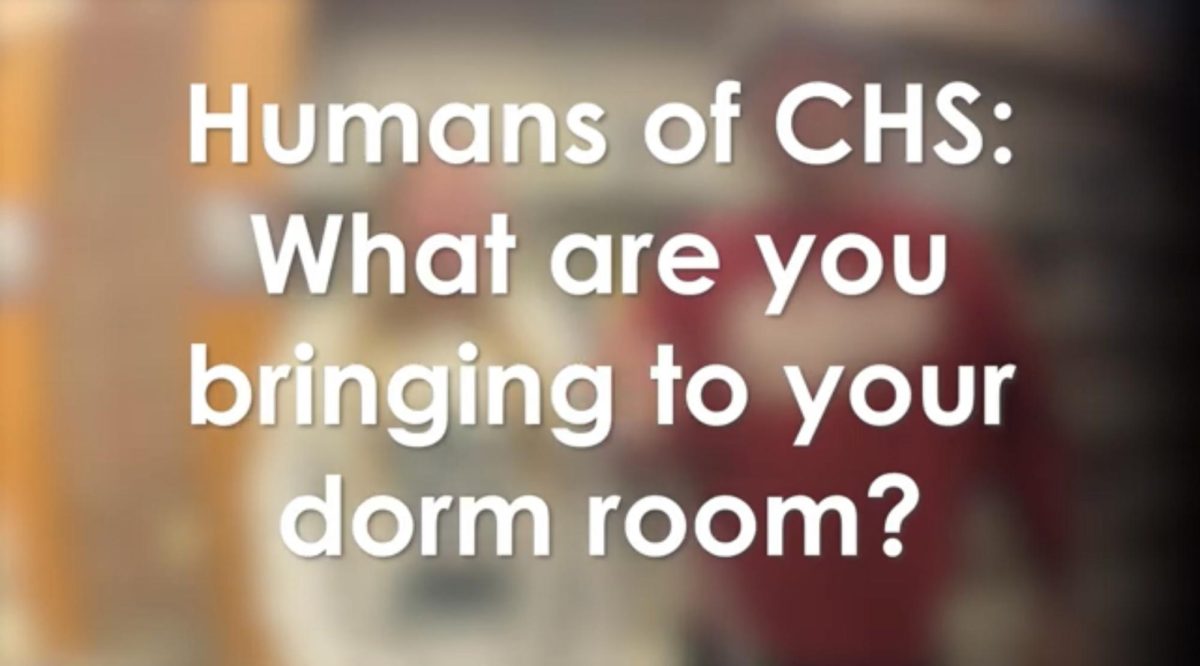













![Review: Taylor Swift’s new album The Tortured Poets Department is not her best work but is still a brilliant album [MUSE]](https://hilite.org/wp-content/uploads/2024/05/The-Anthology_Cover-1200x675.webp)
![Review: Challengers does it all [MUSE]](https://hilite.org/wp-content/uploads/2024/05/challengers-poster-1200x600.png)
![Review: A House of Flame and Shadow by Sarah J. Maas was a disappointing read [MUSE]](https://hilite.org/wp-content/uploads/2024/05/house-of-flame-and-shadow-feature.png)
![Review: Conan Gray’s new album, “Found Heaven”, is a refreshing twist on modern music [MUSE]](https://hilite.org/wp-content/uploads/2024/05/Screenshot-2023-10-31-at-16.01.05.webp)
![Review: “Bodies, Bodies, Bodies” is the quintessential Gen-Z movie [MUSE]](https://hilite.org/wp-content/uploads/2024/05/Screenshot-2024-05-15-140618.png)
![Review in Print: Maripaz Villar brings a delightfully unique style to the world of WEBTOON [MUSE]](https://hilite.org/wp-content/uploads/2023/12/maripazcover-1200x960.jpg)
![Review: “The Sword of Kaigen” is a masterpiece [MUSE]](https://hilite.org/wp-content/uploads/2023/11/Screenshot-2023-11-26-201051.png)
![Review: Gateron Oil Kings, great linear switches, okay price [MUSE]](https://hilite.org/wp-content/uploads/2023/11/Screenshot-2023-11-26-200553.png)
![Review: “A Haunting in Venice” is a significant improvement from other Agatha Christie adaptations [MUSE]](https://hilite.org/wp-content/uploads/2023/11/e7ee2938a6d422669771bce6d8088521.jpg)
![Review: A Thanksgiving story from elementary school, still just as interesting [MUSE]](https://hilite.org/wp-content/uploads/2023/11/Screenshot-2023-11-26-195514-987x1200.png)
![Review: When I Fly Towards You, cute, uplifting youth drama [MUSE]](https://hilite.org/wp-content/uploads/2023/09/When-I-Fly-Towards-You-Chinese-drama.png)
![Postcards from Muse: Hawaii Travel Diary [MUSE]](https://hilite.org/wp-content/uploads/2023/09/My-project-1-1200x1200.jpg)
![Review: Ladybug & Cat Noir: The Movie, departure from original show [MUSE]](https://hilite.org/wp-content/uploads/2023/09/Ladybug__Cat_Noir_-_The_Movie_poster.jpg)
![Review in Print: Hidden Love is the cute, uplifting drama everyone needs [MUSE]](https://hilite.org/wp-content/uploads/2023/09/hiddenlovecover-e1693597208225-1030x1200.png)
![Review in Print: Heartstopper is the heartwarming queer romance we all need [MUSE]](https://hilite.org/wp-content/uploads/2023/08/museheartstoppercover-1200x654.png)






















![Review: “Ginny & Georgia” is a dramatic and poorly made emotional rollercoaster–and I loved it anyway [MUSE]](https://hilite.org/wp-content/uploads/2024/03/ginny-and-georgia-season2-main-be37bbb9487a41e88b3f66c3baacd5c3-300x177.jpg)
![Review: Witch Hat Atelier is a masterpiece in art and world-building, but the story has only begun [MUSE]](https://hilite.org/wp-content/uploads/2024/01/unnamed-211x300.png)
![Review: “Mysterious Lotus Casebook” is an amazing historical Chinese drama [MUSE]](https://hilite.org/wp-content/uploads/2024/03/0-300x170.webp)
![Review: “A Little Life” by Hanya Yanagihara is the epitome of a heartwrenching masterpiece [MUSE]](https://hilite.org/wp-content/uploads/2024/01/unnamed-5-300x200.png)

